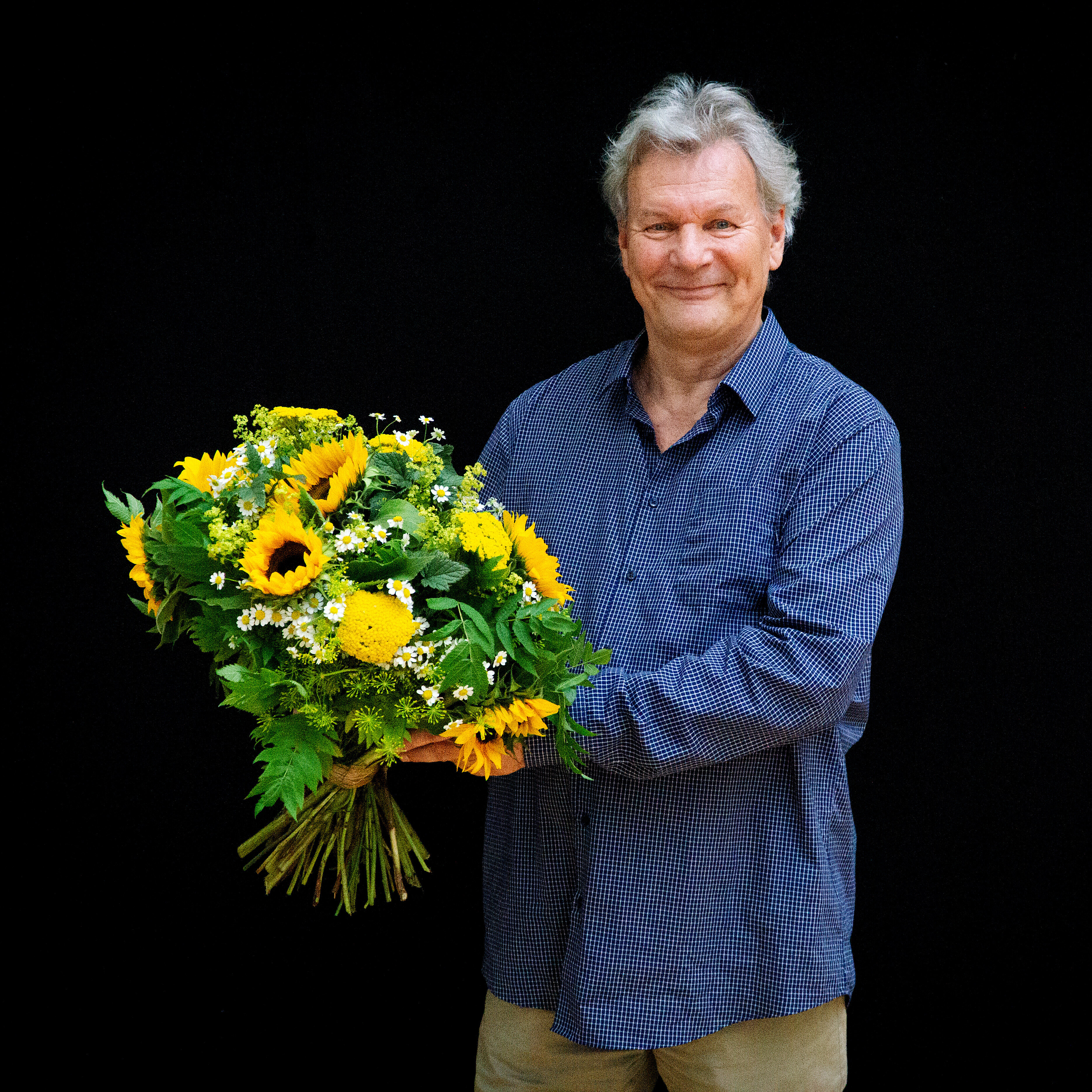News

Bidding farewell to the Staatsballett after 44 years
Peter Hartwig began his work as a ballet répétiteur on 1st August 1981. Towards the end of his studies at the Hanns Eisler Academy of Music, he was advised to approach the Deutsche Staatsoper to prove his mettle by accompanying a ballet rehearsal on the piano. The young pianist impressed both the ballet conductor and the company’s artistic leadership – and he, in turn, was so moved by the intensity of that first encounter with the world of ballet that he decided to stay. To this day, when asked what drew him in, it’s that very moment he still talks about.
Over the decades, Peter Hartwig played piano in the ballet studio – but more importantly, he accompanied daily rehearsals. A craft in its own right: rarely is a musical piece played through in full. Rehearsals are often stopped for corrections, and sections are repeated until everything is just right. During those years, he worked with countless choreographers and dancers – from visiting artists to major stars. He watched entire generations of the corps de ballet hone their craft and supported many of them through their artistic growth with his music.
He was a steady hand through it all – a rock for ballet masters and performers alike. He’s witnessed countless magical moments when a breakthrough was made in the rehearsal room – moments he can recall in vivid detail. And often, the music he played played a part in making those moments happen. Ballet rehearsals simply don’t happen without pianists. Supporting and encouraging young colleagues as they find their way into this uniquely demanding profession was something he took to heart.
What we’ll also miss is the way he connected with other departments – anyone in the theatre world who had to do with music or scores. Whether it was coordinating with orchestra recordings, mixing multiple audio tracks, or syncing lighting cues that had to be given by eye even when the stage was pitch black – he always had the instinct and the experience to make it work.
We'll also remember him dressed in tails, ready to take his place in the orchestra playing piano or celesta, whenever the ballet score called for it. And who could forget that Swan Lake performance, when he stepped in after the interval to replace an entire orchestra that had gone on strike – finishing the entire second half of the ballet solo at the piano, in front of a full house? The ovation was unforgettable.
Now, after 44 years in the profession, he’ll no doubt continue to play – and we wish him every happiness and that his wonderful optimism never fades.
Thank you, Peter!